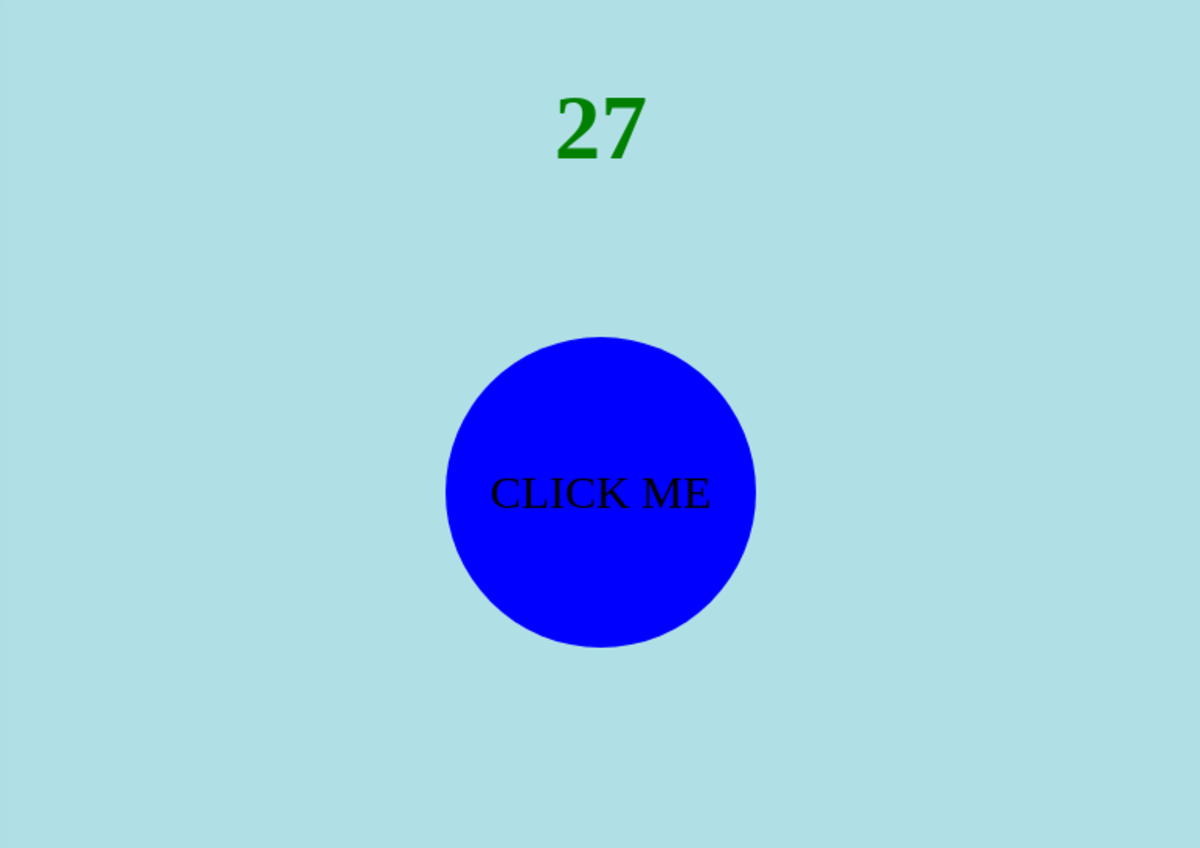Html - Hypertext Markup Language - What Is Html?
HTML stands for Hypertext Markup Language, and made its debut in 1989, and invention was credited to Tim Berners-Lee at the European Laboratory for Particle Physics. HTML was born out of a need for remote locations to be able to report centrally to share research and findings amongst the various physicists and others who worked with the Laboratory. The goal was to create a remotely accessible "web" of cross-referenced material. The Internet was born, and in 1990 the NeXT computer featured a prototype of the browser Berners-Lee had invented.
More interesting than the above is the fact that Berners-Lee had been using his own form of the language for several years, verifying its application and usability before he even implemented it for his fellow researchers.
Gamergirl's D-I-Y HTML Link List
Learning how to write in and use HTML is only as hard as you make it out to be. It is easy to learn, though a lot of it would process poorly with a hub, and there are so many resources already available on the net that I really feel a link list is more proper.
The following are sites I have personally chosen and have used to learn along the way.
http://www.w3.org/MarkUp/Guide/ - Written by Dave Raggett, this guide is thorough and informative. This guide also includes links to Dave's advanced tips and tricks.
http://www.w3schools.com/html/html_primary.asp - This site contains simple, down to business instructions on the various types of HTML tags, and provides links to even more assistance.
http://www.htmlgoodies.com/primers/html/article.php/3478141 - Full HTML primer/tutorial. A GREAT read.
http://www.mcli.dist.maricopa.edu/tut/ - A complete set of HTML lessons that takes you from start to finish creating a complete website.
There are, of course, hundreds of thousands of other sites out there. These are some of the sites I keep book marked, and I hope they are of use to you.
Keep in mind that once you create your website, you need somewhere to host it, and a domain name. There are a few options available to you:
§ Free hosting
§ Purchase a domain name/hosting space
A domain name is the unique web address assigned to one particular web host. For instance, if I purchase the domain Myspace.com, not only am I going to spend a lot of money, but also nobody else can use Myspace.com unless they purchase the domain name from me.
Many sites offer hosting packages with the purchase of domain names. Here are some of the top domain sellers in my list:
http://www.godaddy.com/ - Their sale prices on domain names are always updating, and their hosting packages are reasonably priced.
http://www.networksolutions.com/ - Also reasonably priced, though they do not offer as wide a range of hosting packages as other sites.
http://www.hostmonster.com/ - Incredible rates, free domain name with hosting package, tons of perks.
http://www.hostso.com/ - $12 for a whole year of hosting gives you 200 Gigabytes of storage, unlimited bandwidth, and relatively decent customer service for one website.
The great thing about creating your own website is that you have a world of options available to you, limited only by your own ingenuity and creativity. Good Luck!
Uses for HTML:
Web page development: HTML is used in every web page you visit. You literally cannot create web pages without HTML. Its relative ease to learn and master makes HTML a useful skill to adopt. Even learning a minor amount of HTML so that you can navigate HTML coding programs is useful.
Web document creation: Formatting a document using HTML requires the use of title, head, and body tags inserted into the document's text to apply the document's title in the browser bar and display the viewable information to visitors to the document.
Navigation: HTML is vital for the purposes of moving from one web page to another, and to accomplish this a hypertext link format is applied to text or images, giving the viewer the ability to click the text or object to move on to intended browsing destinations.
HTML can be used to create tables, modify the way menus are displayed and interacted with, and organize the way your web page appears in an almost endless combination of methods. Combined with Cascading Style Sheets and other HTML-cooperative coding, a web page can be formatted into nearly any appearance a designer may choose.









